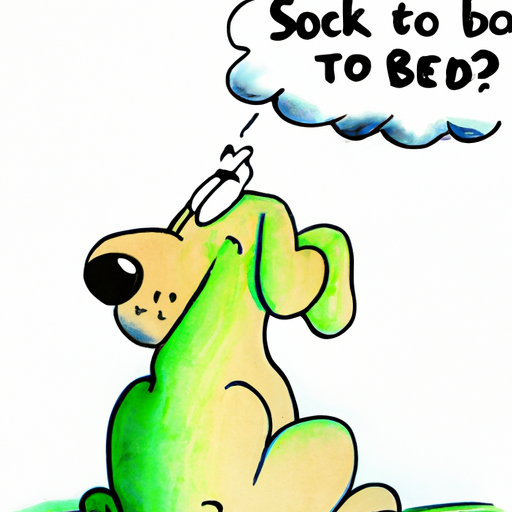We’ve all been there. You’re sitting on your couch, enjoying a peaceful evening when suddenly an unpleasant aroma wafts through the room. You look around, and the culprit is your beloved canine companion. But why does your dog’s butt smell so bad? This comprehensive guide will help you understand the reasons behind this issue and how to deal with it.
Table of Contents:
- Understanding the Issue
- Common Causes for Bad Smells
- When to Seek Veterinary Help
- Prevention and Treatment
- Frequently Asked Questions
Key Takeaways:
- Dogs can have smelly butts due to a variety of reasons including anal gland issues, poor diet, and infections.
- Regular grooming and a balanced diet can help prevent this issue.
- Seek veterinary help if the smell persists or if other symptoms occur.
Understanding the Issue
As dog owners, it’s important to realize that dogs have their own unique smells. However, if the smell becomes overpowering or unpleasant, it may indicate a health issue. Dogs have two small sacs located on either side of their anus known as anal glands. These glands produce a fishy-smelling substance that dogs use for marking territory and communication. Sometimes, these glands can become blocked or infected, resulting in a bad smell.
Common Causes for Bad Smells
Anal Gland Issues: The most common cause of a smelly dog butt is a problem with the anal glands. When your dog poops, these glands should naturally empty. However, if they don’t, the glands can become impacted and may start to smell. This issue is more common in small breed dogs.
Poor Diet: A poor diet can also contribute to a smelly dog butt. If your dog’s diet is high in grains and fillers, it can lead to poor digestion and smelly stools.
Infections: Infections in the anal area or gastrointestinal tract can also cause unpleasant smells.
Here are some useful links to understand more about these issues:
– Anal Gland Problems in Dogs
– Importance of Diet in Dog’s Health
When to Seek Veterinary Help
You should seek help from a veterinarian if your dog’s unpleasant smell persists despite regular grooming and a balanced diet. Other symptoms that warrant a vet visit include:
- Your dog is scooting their butt on the ground.
- There’s a change in your dog’s stool.
- Your dog seems to be in pain when pooping.
These could indicate a more serious issue like an infection or blocked anal glands. You can read more about these symptoms here.
Prevention and Treatment
Preventing a smelly dog butt starts with regular grooming and a healthy diet.
Regular Grooming: This includes regular baths and checking your dog’s rear end for any unusual smells or discharge.
Healthy Diet: Feed your dog a balanced diet without fillers or grains. This can help improve their digestion and reduce the chances of smelly stools.
Regular Vet Visits: Regular check-ups with your vet can help catch any potential issues early.
For more tips on grooming and diet, check out these articles from OneTopDog:
– The Importance of Regular Grooming
– Choosing the Right Diet for Your Dog
Frequently Asked Questions
Q: Can I express my dog’s anal glands at home?
A: While it’s possible to express your dog’s anal glands at home, it’s usually best left to a professional. Incorrectly expressing the glands can cause injury.
Q: Does changing my dog’s food help with the smell?
A: Yes, if your dog’s diet is the cause of the smell, changing to a higher quality food can help.
Q: How often should I groom my dog?
A: The frequency of grooming depends on your dog’s breed and coat. However, regular checks and baths are essential to maintain hygiene.
In conclusion, while a smelly dog butt can be unpleasant, understanding the causes and taking preventive measures can help manage the issue. Remember, when in doubt, always consult with your vet. This can ensure your furry friend stays healthy and happy. After all, being a responsible pet parent is all about ensuring the well-being of our four-legged companions.



